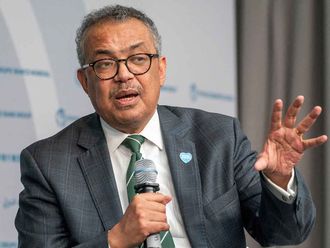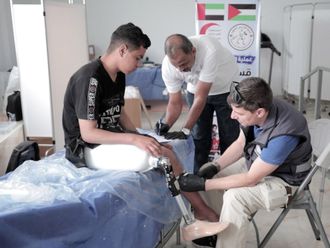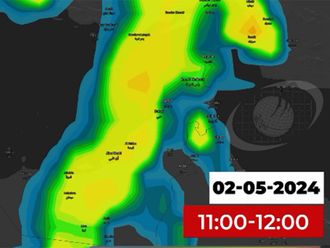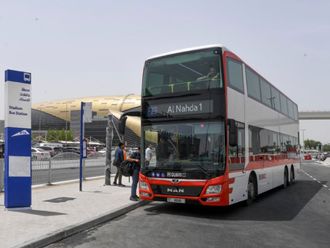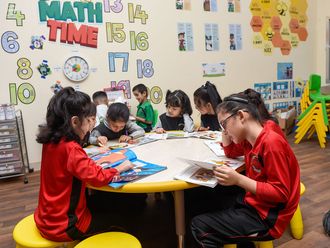Dubai: The UAE is pulling out all the stops in its efforts to reduce smoking in adolescents.
The latest push comes from the Ministry of Health (MoH) that announced on Monday the third tobacco survey among adolescents.
The survey will target 3,500 adolescents in the country and will be conducted mid 2013. It will be completed in a month.
The survey findings will help formulate national plans and programmes to protect those in the age bracket of 13-19.
“Tobacco use — cigarette, shisha or dokha [traditional Arabic tobacco smoked through a medwakh or pipe] is a growing problem in this vulnerable age group,” said Wedad Al Maidour, Head of National Tobacco Control Programme and director of Primary Healthcare Centres, MoH, speaking to Gulf News.
Two previous country-wide surveys by the MoH in cooperation with UAE health authorities estimated that in 2002, smoking among male students reached 14.5 per cent and 2.9 per cent among female students. In 2005, the percentage of male and female smokers reached 30 and 14 per cent respectively.
GCC-wide figures are pegged at 28.8 per cent for all forms of tobacco consumption among adolescents.
Surveillance
Tobacco surveillance is integral in tobacco control strategy, said Wedad.
She said, “Through surveillance and monitoring, we will learn about youth impressions of tobacco, influences and kinds of tobacco consumed, among other factors. This information will help put measures and regulations in place to limit the use of tobacco.”
Boosting government effects is local charity AKMG (Association of Kerala Medical Graduates) — Dubai Chapter. The charity launched its Anti Tobacco Campaign on Friday aimed at blue collar workers and students in Dubai’s 23 Indian curriculum schools.
Dr T.C. Satish, president of the Dubai Chapter, said that targeting adolescents is about enforcing consequences of smoking behaviour.
He told Gulf News, “We have collaborated with the Indian Consulate to reach out to Indian schools in Dubai. Every month, a team of seven doctors, including a pulmonologist, psychiatrist, cardiologist and gastroenterologist, will host lectures at schools to educate students — Grade 10, 11 and 12 on the side effects of smoking.”
To prepare for the third survey, the MoH organised a training workshop for its employees and employees from the Abu Dhabi and Dubai Health Authorities and the Ministry of Education. It was hosted by Dr Heba Fouad, Tobacco Surveillance Advisor in the WHO Regional Eastern Mediterranean Region, and opened by Dr Mahmoud Fikri, Assistant Undersecretary for Health Policies, MoH.



